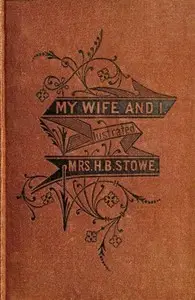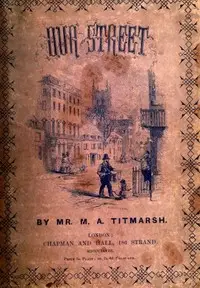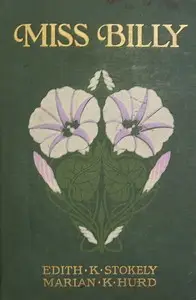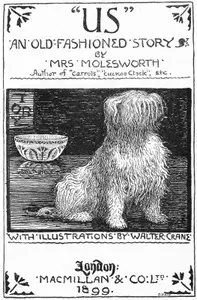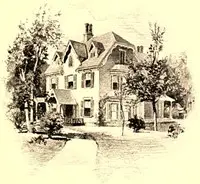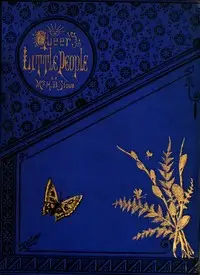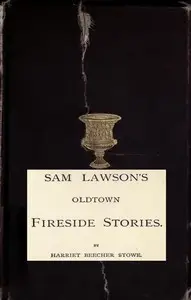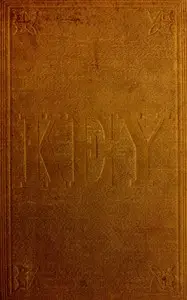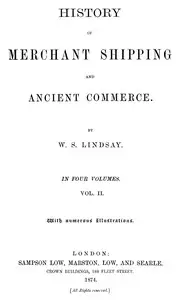"We and Our Neighbors; or, The Records of an Unfashionable Street" by Harriet Beecher Stowe is a story set in a historic New York neighborhood featuring two older sisters, Miss Dorcas Vanderheyden and Mrs. Betsey Benthusen, as they observe the comings and goings of their new neighbors. The novel blends warm humor with social observations, using the sisters' watchful eyes and old-fashioned values to explore themes of social standing, familial relationships, and generational shifts. As they comment on the new young couple across the street, their playful terrier Jack at their feet, the sisters' interactions reveal both their endearing quirks and their subtle prejudices, painting a picture of a changing society viewed through a gently critical lens.
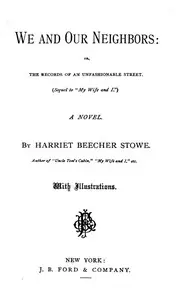
We and Our Neighbors; or, The Records of an Unfashionable Street
By Harriet Beecher Stowe
In a quaint, old-fashioned neighborhood, two elderly sisters find their lives stirred by the arrival of new neighbors, sparking reflections on changing times and social graces.
Summary
About the AuthorHarriet Elisabeth Beecher Stowe was an American author and abolitionist. She came from the religious Beecher family and wrote the popular novel Uncle Tom's Cabin (1852), which depicts the harsh conditions experienced by enslaved African Americans. The book reached an audience of millions as a novel and play, and became influential in the United States and in Great Britain, energizing anti-slavery forces in the American North, while provoking widespread anger in the South. Stowe wrote 30 books, including novels, three travel memoirs, and collections of articles and letters. She was influential both for her writings as well as for her public stances and debates on social issues of the day.
Harriet Elisabeth Beecher Stowe was an American author and abolitionist. She came from the religious Beecher family and wrote the popular novel Uncle Tom's Cabin (1852), which depicts the harsh conditions experienced by enslaved African Americans. The book reached an audience of millions as a novel and play, and became influential in the United States and in Great Britain, energizing anti-slavery forces in the American North, while provoking widespread anger in the South. Stowe wrote 30 books, including novels, three travel memoirs, and collections of articles and letters. She was influential both for her writings as well as for her public stances and debates on social issues of the day.


